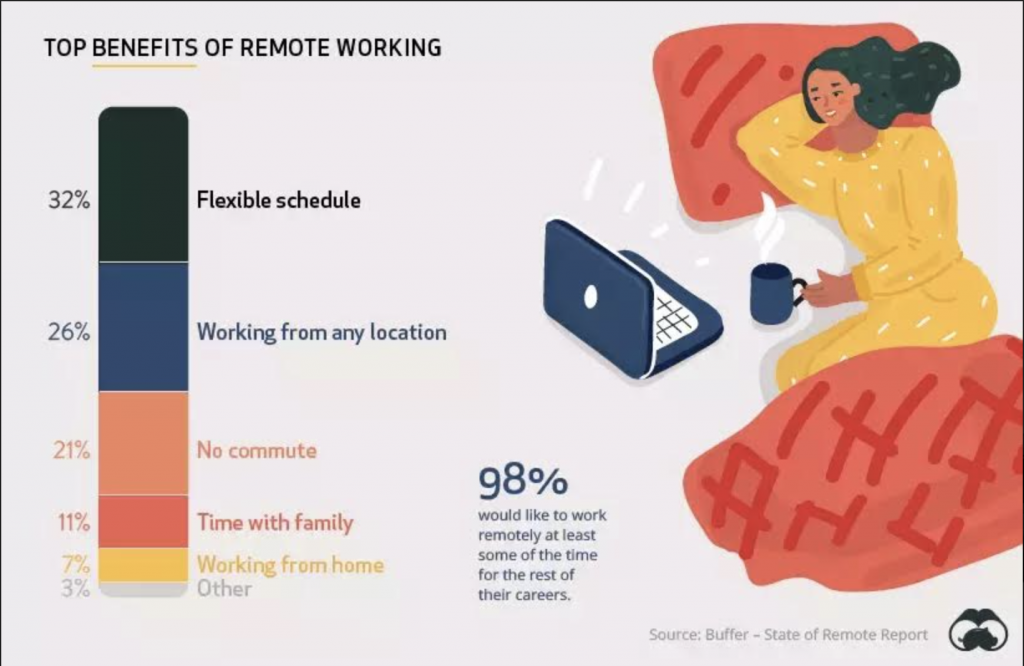Curated by the Knowledge Team of ICS Career GPS
Education

Remote realities: Children with disabilities bear the brunt of online education during pandemic
Excerpts from article by Kannalmozhi Kabilan published in The New Indian Express
Sixteen-year-old Maathur (name changed) is months into his 11th year of schooling. Like every other student caught in this pandemic, his new academic year too has been defined by online classes and the troubles that come with it. But Maathur has an additional set of challenges that comes with being hearing impaired. His study materials come in the form of videos and written assignments. Yet, there are problems. “He’s in the Accounts group and all the subjects are new. There’s a lot of difference between the teacher explaining the concepts to them in class and sending disjointed recordings. So, he’s finding it very difficult to understand and cope,” explains his mother.
Survey says it all
- It’s these problems and several others that have come to light in the recent surveys by Swabhiman, a community-based disability rights organisation, and National Centre for Promotion of Employment for Disabled People (NCPEDP), a disability legislation unit of Eastern India.
- The surveys offer a picture of how online education can present a lot more challenges for children with disabilities and their educators.
- Raghuraman Karna, founder of Karna Vidya Foundation, an organisation that works for the empowerment of persons with visual impairment, says, “Schools will have Braille books and audio materials. Yet, there was a scarcity of these resources too. It’s not like books were turned into audio format and preserved in a book bank. Teachers, of their own volition, might have some at hand or may acquire it from past pupils. It was a floating arrangement. This was manageable because the teacher was present, physically, to guide the students and aid them.”
- The social distancing norms that have been made mandatory in a virus-riddled world is yet another thing that stands between children with disabilities and their access to education.
- Swabhiman’s survey reports that 79 per cent of the teachers expressed concern in being able to teach those with learning disorders, autism and LV (lower vision) without touching.
- There’s a heavy reliance on parents. Considering this, the survey suggests that parents need training in smartphones, apps and technology, and some simple guidelines for revising and guiding lessons of their children.
The way ahead
- The change has to begin with real data on children with disabilities and the resources available to them, suggests Raghuraman.
- “There are 21 types of disabilities recognised by the government. We have to cater to all their needs. If you were to provide online education for these students, you should have started with a team of experts who can provide a standard operating procedure that covers the basics,” he says.
Career

 Many employees would like to work remotely at least some of the tome for the rest of their careers. Image: Buffer/Visual Capitalist
Many employees would like to work remotely at least some of the tome for the rest of their careers. Image: Buffer/Visual CapitalistFor many companies, Work From Home to stay in some form or another
With just over two months left to go before we enter a new year, the Covid-19 Pandemic continues to rage on. And Work from home, which started as a sudden arrangement in many firms, is now becoming a standard practice – with some employees happy and others dismayed at the development. We bring to you excerpts from some top stories about ‘WFH’ – the new normal.
Microsoft to let employees Work From Home permanently: Report
The Verge said most Microsoft employees are still at home as the health crisis drags on, and the company doesn’t expect to reopen its US offices until January of next year at the earliest. (Source: ndtv.com/world-news)
- Microsoft will let employees work from home permanently if they choose to, US media reported on Friday, becoming the latest employer to expand work-from-home provisions prompted by the Covid-19 pandemic.
- The company doesn’t expect to reopen its US offices until January of next year at the earliest. But when it does, workers can chose to work from their residences permanently, although in that case they will have to give up their office space.
- “The Covid-19 pandemic has challenged all of us to think, live and work in new ways,” Microsoft’s Chief People Officer Kathleen Hogan said in a note to employees obtained by the tech news outlet.
- The report said that employees will need approval from their managers to work remotely on a permanent basis, but can spend less than 50 percent of their week outside the office without approval.
- Some major tech firms have already allowed permanent WFH arrangements, including Facebook, whose boss Mark Zuckerberg said half of the social network’s staff could be permanently working remotely within five to 10 years.
Germany drafting law to give people the legal right to work from home
Excerpts from article published in weforum.org:
- Germany has said that it wants to give its citizens the legal right to work from home. Workers in many parts of the globe are now much more familiar with the ins and outs of the remote office than they were at the start of this year. In Germany, about 40% of people wanted to work from home at least some of the time even before the pandemic struck.
- The country has been looking at initiatives to get companies to allow employees to work from home since early 2019. Now, as the pandemic has given a glimpse of what’s possible, it’s looking to make it official. The draft law will be published in a few weeks’ time, the country’s labour minister told the Financial Times.
- Crucially, there’s a plan to reinforce workers’ rights and set clearer boundaries between personal and work lives.
- Pre-COVID-19, one survey found the global population even more effusive than Germany’s about working from home – 98% said they wanted to work remotely sometimes.
Indians don’t want to go back to office, even though WFH is stressing them out
Around one-third of Indian workers have been feeling more burnt out over the last six months, according to a survey by Microsoft. Excerpts from article by Prathamesh Mulye published in scroll.in
- Around one-third of Indians have been feeling more burnt out over the last six months, according to Microsoft’s Work Trend index.
- “India had the second-highest percentage of workers facing increased burnout in Asia at 29%,” Microsoft said based on a survey that included 6,000 workers from eight countries.
- Over 40% of workers in India said they are increasingly under stress due to the lack of separation between work and personal life, according to the survey released on October 7. This could be due to the fact that Indians have the longest working day.
- Indians are also stressed because they feel isolated. Around 35% of the respondents from India said they feel disconnected from their colleagues due to the work from home situation.
- Despite all the stress, many Indians are not willing to go to work. Over 40% of the respondents said they are worried that they might contract Covid-19 if they start going back to work.
(Disclaimer: The opinions expressed in the above mentioned articles are those of the authors. They do not purport to reflect the opinions or views of ICS Career GPS or its staff.)
Like this post? For more such helpful articles, click on the button below and subscribe FREE to our blog.


